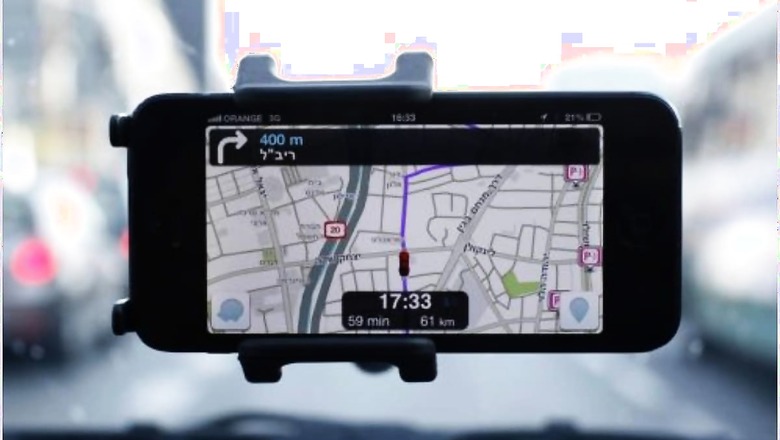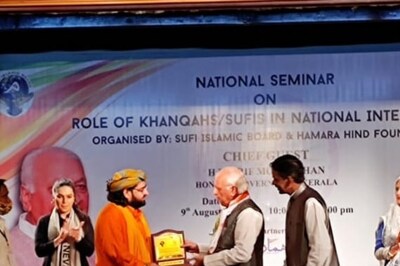
views
The Indian tech and startup ecosystem hailed the government’s move on Monday to liberalise mapping, a move that is likely to spur innovation, lead to the next generation of mapping, and unlock capital.
Prime Minister Narendra Modi described it as a decision that would provide a huge impetus to Digital India and a massive step in its vision for Atmanirbhar Bharat.
While Infosys founder and Aadhaar architect Nandan Nilekani tweeted that “the new map policy is another strategic step in India’s journey of data empowerment”, Zoho founder Sridhar Vembu thanked the Prime Minister’s Office (PMO) for liberalising policies around geospatial data.
The guidelines released by the government direct the Survey of India and other government agencies producing or owning maps and geospatial data to simplify procedures, revise/abolish various forms/licences and use modern techniques such as cloud, open APIs, to make its data accessible in an online format.
While Indian entities will be free to use this data and build on it, foreign entities and foreign-owned or -controlled Indian companies can licence from Indian entities.
Before getting into the advantages of the move, here is a rundown on what the data means:
Q.What is geospatial data?
Geospatial data represents features or objects on the Earth’s surface. Whether it’s man-made or natural, if it has to do with a specific location on the globe, then it’s geospatial.
Q.How is geospatial data used?
The most common use of geospatial data is within a GIS (Geographic Information System) to understand spatial relationships and to create maps describing these relationships. A GIS can also help you regulate, customize, and analyze geospatial data.
Q.How will this help Indian tech companies?
Geospatial data is foundational and will play a vital role in every manner of planning, governance, services, infrastructure, and applications.
This mapping data will be helpful for private companies who are seeking maps and data that suit their specific purposes. For example, local delivery of products and services requires highly specific details of a locality within a town. This, in turn, could lay the groundwork for future smart city projects.
One firm that could particularly have a huge advantage is MapMyIndia, founded 25 years ago. It competes with Google Maps and counts Flipkart as an investor. It recently tied up with the Indian Space Research Organisation to offer an indigenous satellite-based mapping service.
Read all the Latest News, Breaking News and Coronavirus News here




















Comments
0 comment